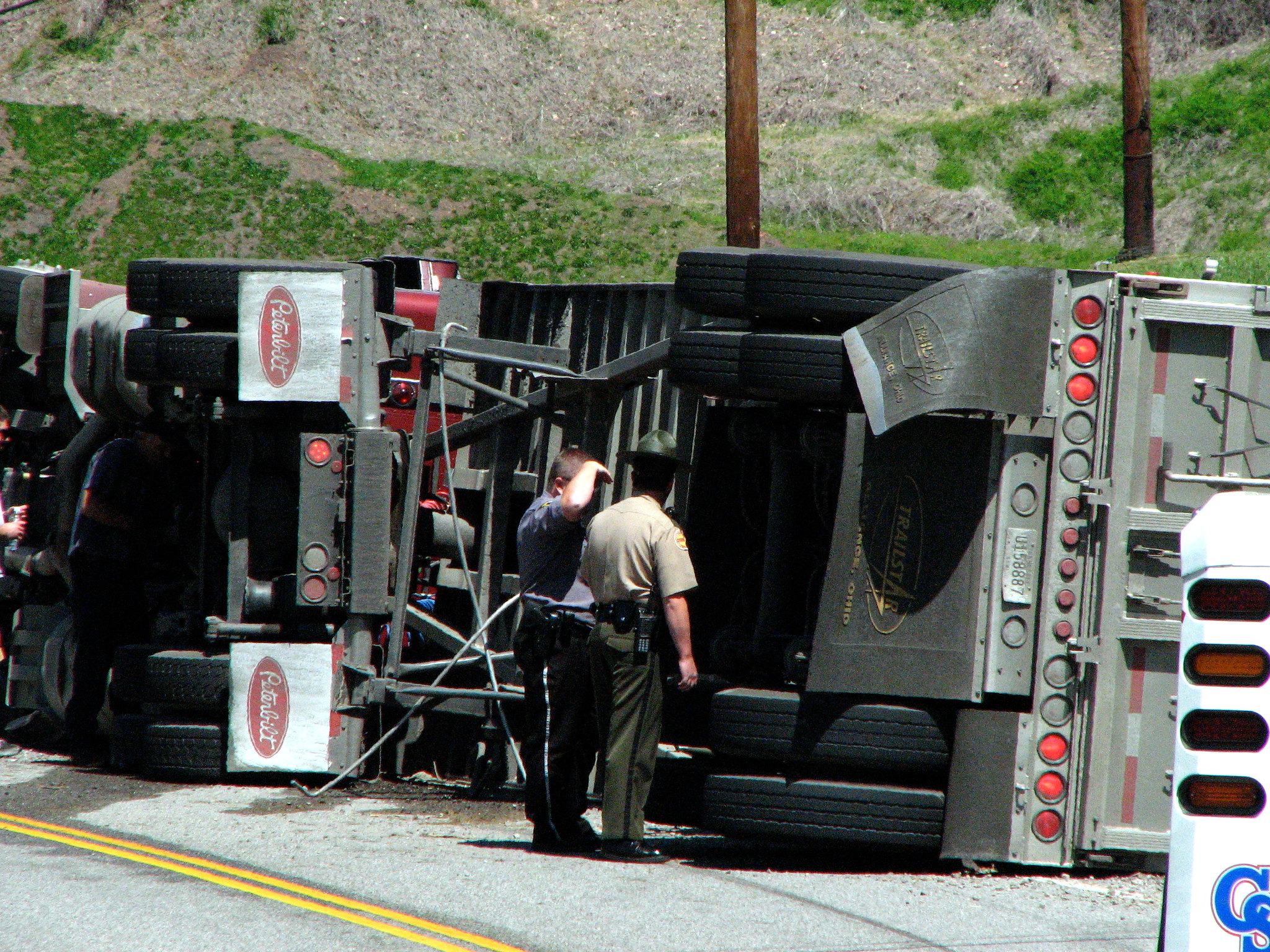It serves as a crucial tool in uncovering the truth behind accidents, ensuring justice, and enhancing road safety.
Truck accidents are often catastrophic due to the size and weight of the vehicles involved. Understanding the causes and circumstances surrounding these accidents is crucial for improving road safety, enforcing legal accountability, and ensuring fair compensation for victims. One of the most important tools in these investigations is the truck’s electronic logging device (ELD), commonly known as the black box. This article delves into the significance of black box data in truck accident investigations, providing detailed insights and practical information on its uses, benefits, and implications.
What is a Black Box in Trucks?
Definition and Components
The black box in a truck, similar to those in airplanes, records various data points that can be invaluable during an accident investigation. It typically includes components such as:
- Electronic Control Module (ECM): Records engine data, including speed, RPM, and fuel usage.
- Electronic Logging Device (ELD): Tracks the driver’s hours of service to ensure compliance with federal regulations.
- Event Data Recorder (EDR): Captures data immediately before, during, and after a crash, including braking, acceleration, and seatbelt usage.
Functions and Capabilities
The black box is designed to continuously record data that can be accessed and analyzed to understand the truck’s performance and the driver’s actions leading up to an accident. It can provide critical information such as:
- Vehicle speed
- Brake application
- Engine RPM
- Gear shifts
- Seatbelt status
Importance of Black Box Data
Role in Accident Investigations
Black box data is pivotal in reconstructing the events leading to a truck accident. When you ask a truck accident lawyer in Indiana about the most critical evidence in such cases, they often highlight black box data due to its ability to provide objective and precise information that can confirm or dispute eyewitness accounts and other evidence.
Legal Implications
This data can significantly impact legal proceedings by:
- Establishing Fault: Precise data can determine if the truck driver was speeding, braking properly, or following traffic rules.
- Compliance Verification: Ensuring the driver adhered to hours-of-service regulations to prevent fatigue-related accidents.
- Insurance Claims: Providing concrete evidence that can expedite claims and settlements.
How Black Box Data is Retrieved and Analyzed
Accessing the Data

Retrieving black box data requires specialized equipment and expertise. Typically, a professional such as an accident reconstructionist or a forensic analyst is hired to extract and interpret the data. This process involves:
- Securing the Data: Ensuring the data is not tampered with post-accident.
- Downloading the Data: Using manufacturer-specific tools to access the ECM, ELD, and EDR data.
- Analyzing the Data: Experts analyze the data to reconstruct the accident scenario.
Interpretation of Data
Experts interpret the data to create a detailed picture of the accident. This includes:
- Speed Analysis: Determining if the truck was speeding.
- Brake Usage: Assessing if and when brakes were applied.
- Driver Behavior: Evaluating actions such as gear shifts and use of safety equipment.
Challenges in Using Black Box Data
Data Ownership and Privacy Issues
There are legal complexities regarding who owns the black box data—the truck driver, the trucking company, or the manufacturer. Additionally, privacy concerns may arise, particularly with personal data recorded by the ELD.
Technical and Accessibility Issues
Different truck manufacturers may use varying technologies, making it challenging to standardize data extraction and analysis. Accessing and interpreting the data accurately requires specialized knowledge and equipment.
Benefits of Black Box Data
Enhancing Road Safety
The insights gained from black box data help improve safety regulations and vehicle designs. Authorities can use this data to:
- Develop better safety standards.
- Implement stricter enforcement of driving regulations.
- Enhance driver training programs.
Supporting Legal Cases
For victims and their families, black box data can be the key to obtaining justice and compensation. It provides irrefutable evidence that can:
Strengthen personal injury claims.
Support wrongful death lawsuits.
Resolve disputes more efficiently.
Case Studies
Real-Life Implications
Numerous cases highlight the critical role of black box data. For instance:
- Case Study 1: A fatal accident where black box data revealed the truck driver had exceeded the legal hours of service, leading to fatigue and a subsequent crash.
- Case Study 2: An accident where data showed the truck was traveling within the speed limit and braking appropriately, disproving claims of reckless driving by the truck driver.
Frequently Asked Questions
- What kind of data does a truck’s black box record?
A truck’s black box records data such as vehicle speed, brake application, engine RPM, gear shifts, and seatbelt usage. It also tracks the driver’s hours of service.
- How can black box data be accessed after an accident?
Black box data can be accessed using specialized tools and software by professionals such as accident reconstructionists or forensic analysts. This data must be secured and analyzed to ensure its integrity.
- Why is black box data important in truck accident investigations?
Black box data provides objective and precise information that can confirm or dispute other evidence, establish fault, verify compliance with regulations, and support legal claims.
- Can black box data be used in court?
Yes, black box data is often used in court to provide concrete evidence in accident investigations. It can significantly impact the outcome of legal proceedings by establishing facts about the accident.
Conclusion
The significance of black box data in truck accident investigations cannot be overstated. It serves as a crucial tool in uncovering the truth behind accidents, ensuring justice, and enhancing road safety. For anyone involved in a truck accident, consulting with a truck accident lawyer in Indiana can provide critical guidance on leveraging black box data to support their case. As technology continues to advance, the role of black boxes in promoting safer driving practices and accurate accident analysis will only grow, making our roads safer for everyone.


Join the conversation!